Imagine you're a teacher entering a room filled with adult professionals versus a classroom of young students, and attempting to inspire them to learn.
A behavior chart with vibrant stickers may work for one group, but it's likely going to be ineffective for the other.

The two groups require different approaches to teaching and learning:
Pedagogy refers to teaching "children or dependent personalities."
 Photo by CDC on Unsplash
Photo by CDC on UnsplashAndragogy is the approach to teaching adult learners.
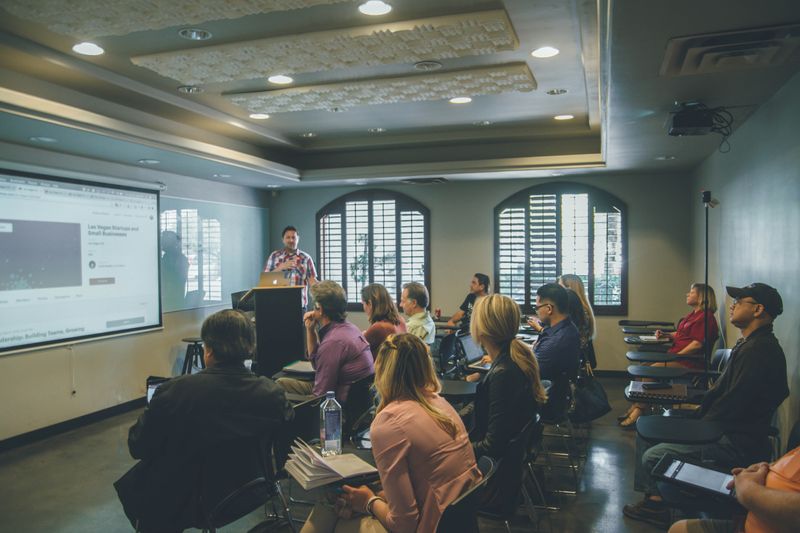 Photo by Kenny Eliason on Unsplash
Photo by Kenny Eliason on UnsplashBy understanding the differences between these approaches, you can obtain valuable insight into the most effective way to educate your learners.
Assumptions about Learners
Malcolm Knowles identified six assumptions about learners that differentiate pedagogy from andragogy.
Need to know
In pedagogy…
Learners need to know what the teacher tells them. This is because they may not have the life experience or context to fully understand how what they're learning will be useful in their lives.
In andragogy…
Learners need to know why they're learning something and how it will be useful to them in their lives prior to learning it.

Self-concept
In pedagogy…
The teacher takes responsibility for the learning process and determines what, how, and when anything is learned.
In andragogy…
Learners take responsibility for their own learning and seek out opportunities to learn based on their own needs and interests.

Experience
In pedagogy…
The learner’s experience isn't considered and the curriculum is often designed around predetermined learning goals.
In andragogy…
The learners' previous knowledge and experience are valuable resources that can be leveraged in the learning process.

Readiness to Learn
In pedagogy…
The teacher is responsible for motivating the students to learn. The curriculum is often designed to be interesting and engaging to the students.
In andragogy…
Learners are motivated to acquire knowledge or skills when they perceive a clear purpose or relevance to their lives.
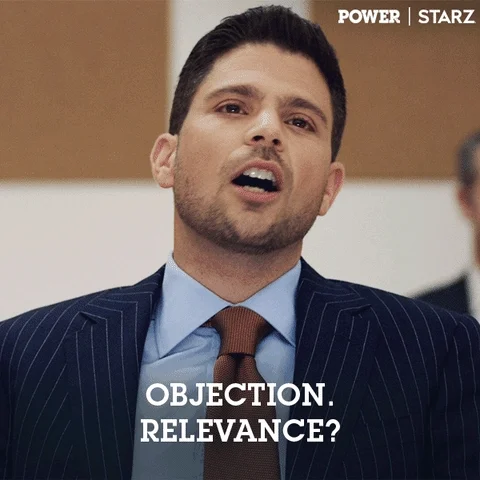
Orientation to Learning
In pedagogy…
The curriculum is often designed to cover subject-centered content and to provide a foundation of knowledge that the students will build on in the future.
In andragogy…
The learners are more task-oriented and focused on solving problems and applying their learning to real-life situations. The curriculum is designed to be immediately applicable to the learners' lives.
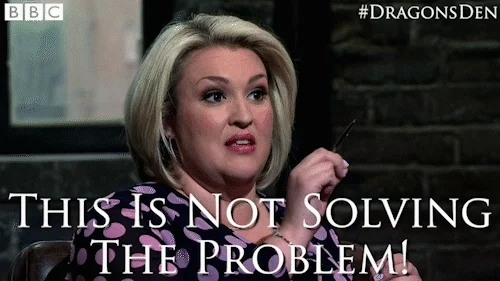
Motivation
In pedagogy…
External rewards and punishments are often used to motivate the students to learn.
In andragogy…
The learners are motivated by internal factors based on their own goals and interests. They're more likely to be driven by the sense of accomplishment that comes from using their knowledge to solve real-life problems.
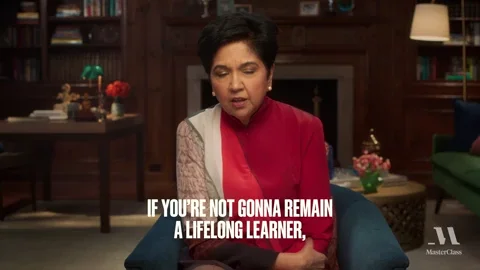
The Role of the Teacher
Based on Knowles's assumptions, the role of the teacher varies in pedagogy and andragogy.
In pedagogy…
The teacher is the focal point of the learning process to impart knowledge to the learners.
The teacher is responsible for defining the goals, designing the curriculum, and presenting the learning materials to the learners.

In andragogy…
The teacher's role is a facilitator or guide rather than a central figure in the learning process.
The teacher's primary function is to assist learners in recognizing their learning needs, setting their own goals, and devising their own learning experiences.
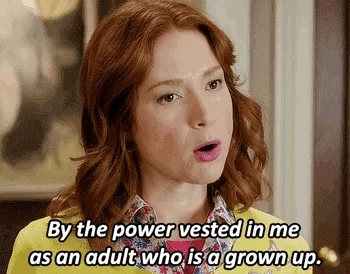
Meet Sophia, the Teacher

Sophia is an educator with 15 years of experience teaching younger learners. She has recently transitioned to a new role as an adult learning trainer.
 Photo by Evangeline Shaw on Unsplash
Photo by Evangeline Shaw on UnsplashAs she prepares to lead her first instructor-led training on effective workplace communication, she is eager to incorporate collaborative learning techniques into the session.
Given that her learners all hold varying roles and responsibilities in their workplaces, she needs to plan her training to meet the diverse needs.
She is considering the following strategies for the training session:
A. Assign learners groups to work in together.
B. Give learners specific roles in each group.
C. Encourage learners to share their experiences.
D. Use a single generic scenario for all groups to work on.
Quiz
What strategy should Sophia apply to her training course?
Take Action

Your feedback matters to us.
This Byte helped me better understand the topic.
